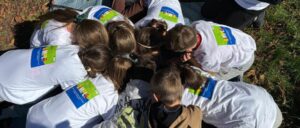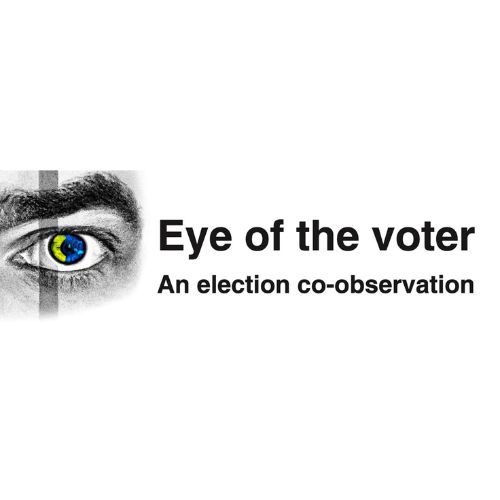CID – Innovation Alliance for circular design is a project carried out by 12 partners from eight different countries (Italy, Spain, Lithuania, Belgium, France, Estonia, UK Germany) with the aim of integrating design across various sectors of circularity. The project is co-financed by the European Union and has a duration of three years.
As part of the project, a workshop will take place in Barcelona (Spain) from 20 to 22 March. During these three days, the consortium will organise and participate in various activities aimed at designing the curricula for the Academic programme, Accelerator, and Continuous Education Programme foreseen by the project.
The initiative is centred around Circular Design towards climate-neutral cities
Design plays a pivotal role in achieving climate-neutral cities across Europe, emphasising a green and resilient transition of urban areas as both living spaces and central platforms for change. Circular economy principles offer innovative pathways to drive creative sectors of design involved in this transition, which are essential for fostering cultural change and social inclusion. Through a multidisciplinary approach, the Circular Design Innovation Alliance aims to bridge the gap in skills and knowledge within architecture, urban design, and product/service design sectors. It introduces a fresh paradigm for integrating design with circularity and urban transformation, aligning with the objectives of the New European Bauhaus to merge creativity, arts, and technology in support of the Green Deal.
The Alliance is dedicated to promoting innovation in Circular Design education by fostering entrepreneurship in academia, providing accelerator programs, and implementing continuous education initiatives to develop skills that align with emerging labour market needs. As part of the sustainability and dissemination of the Alliance’s outcomes beyond the project duration, several organisations at both local and European level will be involved through six different observatories.
The workshop in Barcelona will not only focus on the curricula design, but also on the definition of gaps and resources, to create the best path for the project implementation. Greater emphasis will be put into the definition of the skills gaps (green, resilience, digital, and entrepreneurship) in circular design across the themes of the European observatories (urban transformation, bio-based innovation and circular economy) and the inputs of the local observatories (Hannover, Barcelona, Genova). This event builds upon the Knowledge Exchange Workshop held in Hannover (Germany) from the 13 to the 15 of November. The primary goal of this event was to develop transdisciplinary methodologies with the in-depth check of existing training materials among the consortium.
ALDA leads the European observatory in Urban Transformation which aims to bring together experts in Circular design within Urban Transformation to support the outcomes of the project in the short and long-term. The goal is to create a strong collaboration which will shape the next steps of the project and its perspective.
If you would like to know more about the CID project and its results, feel free to visit the project website, or social media pages Linkedin or Instagram.





